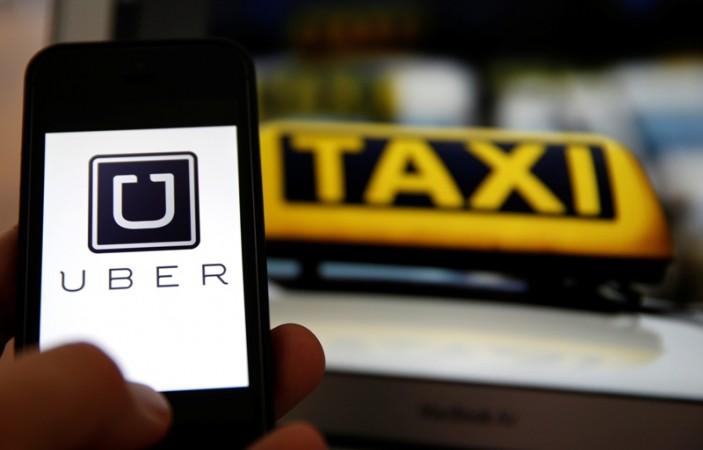
Uber, the ride-sharing service, has started operating in Portland, Oregon, on Friday without the approval of city officials. The app began working at 5.00 pm and drivers were immediately able to offer rides without any prior permission from the authorities.
Portland Mayor Charlie Hales said that the launch was illegal and the office had not received any notice from the cab company about the launch. The city had previously said that it wouldn't allow Uber to operate like cabs in the region. Despite the regulation, Uber has launched itself in the city.
Uber doesn't think it's illegal though.
"I don't think we're going against the city's wishes. We hope the city embraces this and listens to their constituents, the people of Portland and drivers partnering with us," Brooke Stever, regional manager of Uber was quoted by KGW.com.
The problem lies in Uber's business model here. Uber app connects local drivers to riders directly. Some drivers boost their income by moonlighting with Uber. Fares are metered and Uber takes 20 percent of the fare.
In some cities including Portland, the government classifies Uber in the "Town Car" category, which means the rider has to wait for an hour before the driver shows up at the pick-up destination and also pay a premium over the fare. Uber has been working with the city officials for months now to ease the regulations but the city officials haven't budged.
The city authorities told KOIN News 6 that anyone using Uber rides are subject to penalty because they are operating illegally in the city. Drivers can be charged up to $2,250 in fines.
"We have told Uber and Lyft that they are welcome to offer ideas for regulatory changes. Uber has chosen instead to break the law," City Commissioner Steve Novick said in a statement.
"They think they can just come in here and flagrantly violate the law? This is really amazing. Apparently, they believe they're gods," Novick told The Oregonian.
Previously, Uber had launched forcibly in the city of Eugene too. The ride-sharing service was asked to cease operations or pay fines of up to $2,000 per ride.
In its defense, Uber said:
"Uber is not a taxi service. We do partner with some limousine companies so we're really a transportation platform and there needs to be a new set of regulations."
But will Uber's hostile tactics do any good for the company? Yes, apparently. Investors seem to be clearly impressed with Uber's go-getter attitude.
On Friday, Uber announced that it had managed to raise $1.2 billion in a fresh round of investor funding and had plans to use that to expand business in the Asia Pacific region.

















